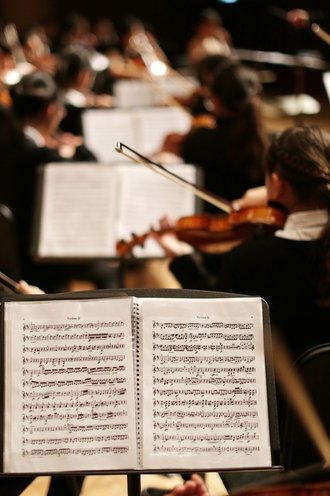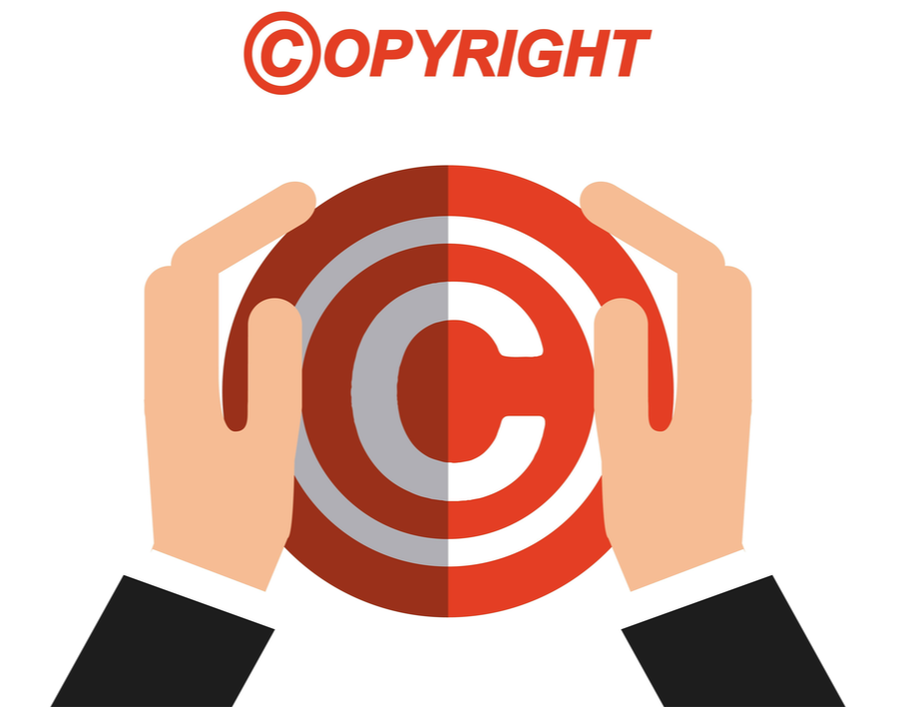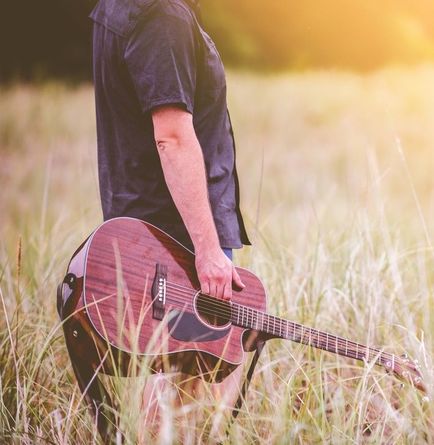WHAT IS COPYRIGHT?Quite literally, it is what it says – “the right to copy”.
Copyright applies to:
|
Why should we respect it?
|
How does it work?
What do we mean by “the right to copy”?
The owner of the copyright has the right to:
The exclusive rights of an owner of copyright in a sound recording include the right to:
The owner of the copyright has the right to:
- reproduce the work, including copying by hand, photocopying, scanning, copying a digital file
- print out and record or film the work or a performance of it
- communicate the work in a non-domestic context (for example, emailing, faxing or broadcasting the work or putting it on an intranet or internet site)
- perform the work live, or play a recording of it, in a non-domestic context
- adapt the work (for example, making an arrangement of a musical work, or translating song lyrics)
The exclusive rights of an owner of copyright in a sound recording include the right to:
- reproduce the sound recording;
- communicate it in a non-domestic context; and
- play it in a non-domestic context (generally, other than with family or friends).
- literary – the poetry or text
- music – the notes
- the “arrangement” or “edition” of the work (i.e. derivative – where a composer, arranger or editor has in some way worked on the piece. A translation of the text would also come under this category)
- the published edition (i.e. the layout, typesetting and formatting of the hymn).
When does copyright over a work cease?
|
Note the 70/25 rule
70 years after:
|



